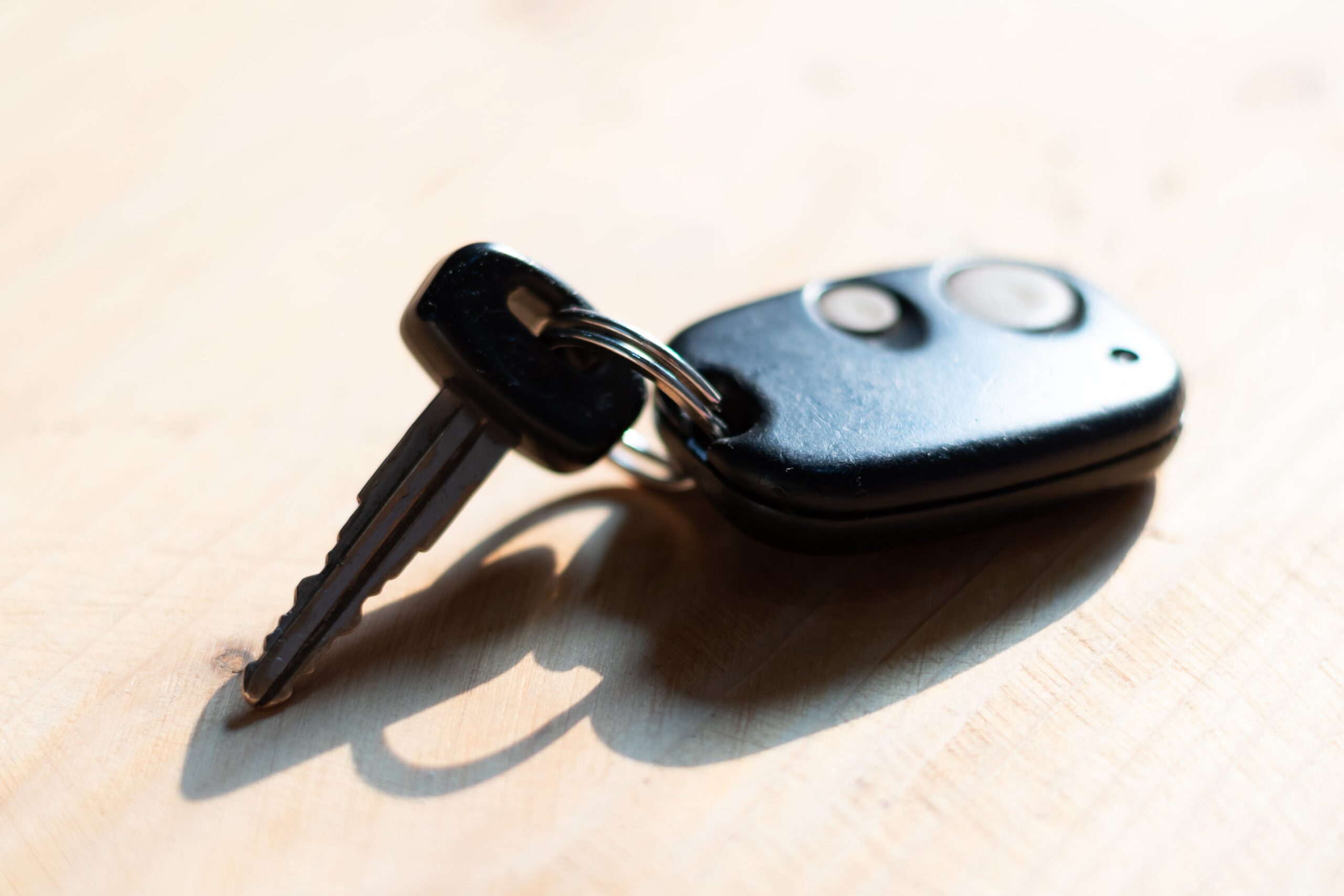Reprogramming Car Keys: A Comprehensive Guide
In today's hectic world, automobiles are an essential part of everyday life, and the technology behind car keys has actually evolved substantially throughout the years. Gone are the days of basic mechanical keys; contemporary cars often come geared up with sophisticated key fobs that not just unlock doors but likewise begin the engine. Sadly, these electronic keys can sometimes stop working or need reprogramming. This short article will explore the ins and outs of reprogramming car keys, supplying valuable info for car owners.
Comprehending Car Key Types
Before diving into the reprogramming procedure, it's necessary to comprehend the different kinds of car keys. The most typical types include:
- Traditional Mechanical Keys: The simplest form of a car key, which operates the lock and ignition using a mechanical system.
- Transponder Keys: These keys include a little chip that interacts with the car's ignition system, making it harder for burglars to steal the vehicle.
- Key Fobs: These remote-controlled gadgets allow keyless entry and may also permit keyless ignition.
- Smart Keys: Linked to innovative keyless entry systems, smart keys offer the ultimate benefit, allowing the driver to begin the vehicle with the touch of a button.
Understanding these key types is crucial as the programming actions can differ significantly.
Why Reprogramming is Necessary
Reprogramming a car key might be essential for numerous factors, including:
- Lost or Stolen Keys: If a key is lost or presumed to be taken, reprogramming is important to guarantee the car stays safe.
- Replacing an Old Key: When a vehicle owner gets a new key, the old key might require to be programmed to avoid it from working.
- Battery Replacement: Changing the battery in a key fob may sometimes need reprogramming to restore functionality.
- Malfunctioning Key: If a key is malfunctioning, reprogramming may fix the issue.
Actions for Reprogramming Car Keys
The procedure of reprogramming a car key can differ considerably depending on the make and model of the vehicle. Below is a generalized step-by-step guide, but it is always recommended to refer to the vehicle's user handbook for comprehensive instructions.
Gather Necessary Equipment:
- The new key or key fob
- The vehicle (ideally near the front door)
- The existing working key (if available)
Get Inside the Vehicle:
- Close all doors and guarantee the vehicle is completely secured.
Insert the Key:
- For lorries with conventional keys, place the key into the ignition.
- For vehicles using key fobs, ensure the fob is inside the car.
Turn the Ignition On and Off:
- Turn the key to the "on" position (not beginning the engine) and after that off. Repeat this procedure numerous times (generally 5 times) to go into programming mode.
Observe the Indicators:
- Pay attention to the control panel lights. If click the up coming webpage or remains on, it usually indicates that the car is in programming mode.
Program the New Key:
- Insert the new key and turn it to the "on" position. Wait for any confirmation signals, which might consist of the locking and unlocking of doors or flashing of lights.
Check the Key:
- After programming, test the brand-new key to ensure it runs correctly.
Repeat if Necessary:
- For automobiles that support numerous keys, you may require to repeat the programming procedure for each brand-new key.
Table of Common Vehicle Makes and Programming Procedures
| Vehicle Make | Key Type | Programming Process |
|---|---|---|
| Ford | Transponder Key | Place existing key, turn to 'on', insert brand-new key. |
| Honda | Key Fob | Place key, turn to 'on', click lock button on fob. |
| Chevy | Smart Key | Place key, press brake, and push begin button. |
| Toyota | Key Fob/Transponder | Insert key, turn to 'on', hold 'lock' button on fob. |
| Nissan | Key Fob | Place existing key, switch on, press 'lock' button. |
Common Issues During Reprogramming
While the procedure is typically uncomplicated, there are common problems that can arise throughout reprogramming:
- Incorrect Sequence: Failing to follow the ignition sequence properly can lead to failure to get in programming mode.
- Defective Key: If the new key is defective or harmed, it might not program properly.
- Vehicle Settings: Some automobiles require particular settings or conditions (like being in Park) for successful programming.
- Missing out on Tools: Sometimes, additional tools or codes may be required, specifically for high-security systems.
FAQs
1. Can I reprogram my car key myself?
Yes, many cars enable owners to reprogram keys themselves, however the process can differ considerably depending upon the make and model. Constantly refer to the vehicle's user manual for directions.
2. What should I do if the reprogramming stops working?
If the programming does not work, double-check the sequence and the key's condition. If issues continue, seek advice from an expert locksmith professional or your car dealership.
3. Just how much does it cost to reprogram a car key?
The cost can vary from ₤ 50 to ₤ 200 or more, depending on the make and design of the vehicle, and whether expert assistance is needed.
4. Does reprogramming erase previous keys?
In many cases, yes. If you're reprogramming a brand-new key in a security system that restricts key access, the older keys may be rendered worthless.
Reprogramming a car key is an important ability for any vehicle owner. Understanding the types of keys, the requirement for reprogramming, and the basic actions included can conserve money and time, making sure that your vehicle stays available and secure. While DIY solutions exist, when in doubt, expert assistance can help minimize the tension and complexity of reprogramming car keys. Always guarantee you have the right tools and comprehend your vehicle's specific requirements to guarantee effective programming.

